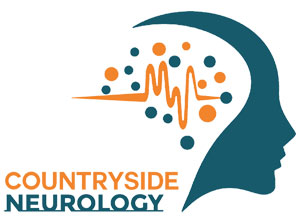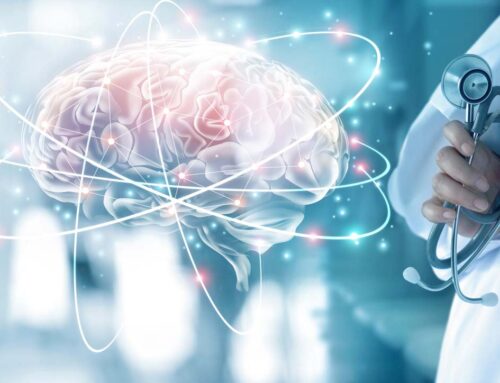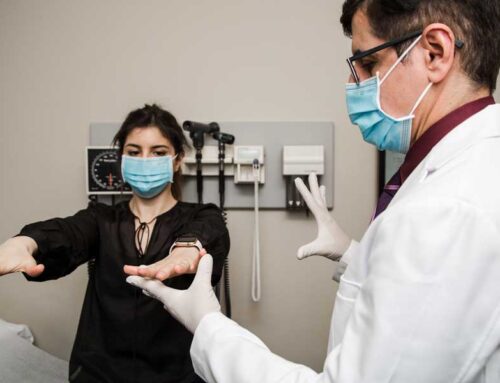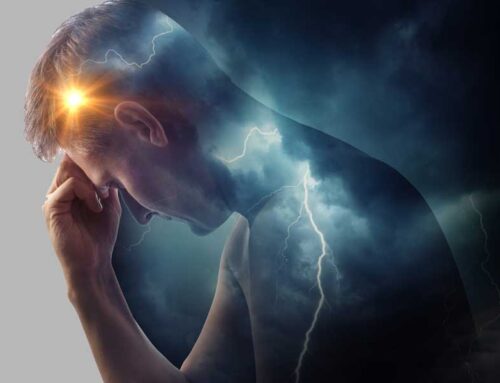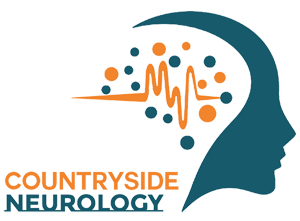Schizophrenia is a complex and challenging mental health disorder that affects millions of individuals worldwide. Characterized by a range of symptoms, including hallucinations, delusions, disorganized thinking, and cognitive impairments, schizophrenia can significantly impact a person’s life. In this blog post, we’ll provide a brief overview of schizophrenia and explore how Transcranial Magnetic Stimulation (TMS) therapy, available at Countryside Neurology, offers new possibilities for managing this condition.
Understanding Schizophrenia: Schizophrenia is a chronic brain disorder that profoundly alters an individual’s perception of reality and their ability to think, feel, and function. Its symptoms can be categorized into three main groups: positive symptoms (hallucinations, delusions, disorganized speech), negative symptoms (social withdrawal, reduced emotional expression), and cognitive symptoms (impaired memory and attention). Onset typically occurs in young adulthood, and the disorder can have a lifelong impact if left untreated.
The Complexity of Schizophrenia: Schizophrenia is a highly complex disorder with a multifactorial etiology. It involves abnormalities in brain structure and function, imbalances in neurotransmitters, and genetic predispositions. Consequently, treatment strategies often require a holistic and personalized approach.
Traditional Treatments for Schizophrenia: Standard treatments for schizophrenia typically involve antipsychotic medications, psychotherapy, and community support services. These interventions aim to reduce symptoms, prevent relapses, and improve the individual’s overall quality of life. However, they may not be equally effective for everyone, and some individuals may experience limited relief from these approaches.
Enter Transcranial Magnetic Stimulation (TMS): Transcranial Magnetic Stimulation (TMS) therapy is emerging as a promising adjunctive treatment option for individuals with schizophrenia, especially those who have not responded adequately to traditional therapies. TMS involves the use of non-invasive magnetic pulses applied to specific regions of the brain.
How TMS Can Help: TMS is believed to modulate neural circuitry, potentially influencing the brain’s imbalances associated with schizophrenia symptoms. While TMS is not a standalone treatment for schizophrenia, it is being explored as a complementary option that can enhance the effectiveness of existing treatments.
TMS at Countryside Neurology: Countryside Neurology is at the forefront of providing innovative treatments like TMS therapy for neurological conditions, including schizophrenia. Our experienced team conducts thorough evaluations to determine the suitability of TMS for each patient’s unique needs. If you or a loved one is grappling with schizophrenia and has found limited relief from conventional treatments, we encourage you to consider the potential benefits of Transcranial Magnetic Stimulation.
Schizophrenia is a complex mental health disorder that presents significant challenges to those it affects. However, with advancements in treatments like Transcranial Magnetic Stimulation (TMS) therapy, there is renewed hope for individuals who have not responded to traditional therapies. At Countryside Neurology, we are committed to exploring innovative solutions to improve the lives of our patients. If you are seeking options for managing schizophrenia, we invite you to reach out to our dedicated team to learn more about how TMS therapy can be part of your treatment plan and provide the support needed for a brighter future. Call 727-712-1567 today.
Sources:
ChatGPT
